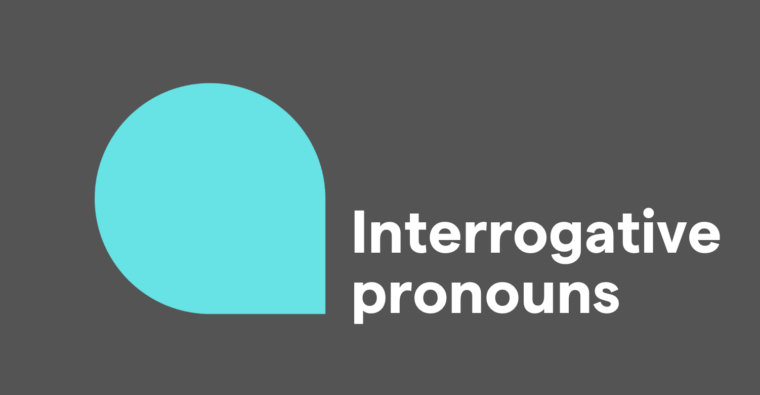Many writers wonder if it’s equally correct to use “will” or “would” in an if-clause. The short answer is no, but there are exceptions to the rule.
Here’s a tip: Want to make sure your writing always looks great? Grammarly can save you from misspellings, grammatical and punctuation mistakes, and other writing issues on all your favorite websites.
If aspirin will
ease my headache, I will take a couple tonight instead of this horrible medicine.
The action in this sentence is the aspirin easing the headache, which will take place only after the speaker takes them later that night.
Another exception is when “will” is not being used as an auxiliary verb, but as a modal verb. In other words, “will” is permitted when it is being used to politely express willingness, persistence or a wish. For example, consider the following sentence:
I think I will warm some water for tea if you will
excuse me.
The speaker will only warm up the water if he is excused by the listener.
Here’s a tip:You don’t have to guess whether you’re using certain words correctly or breaking grammar rules in your writing. Just copy and paste your writing to check your grammar and get instant feedback on grammar, spelling, punctuation, and other mistakes you might have missed.






